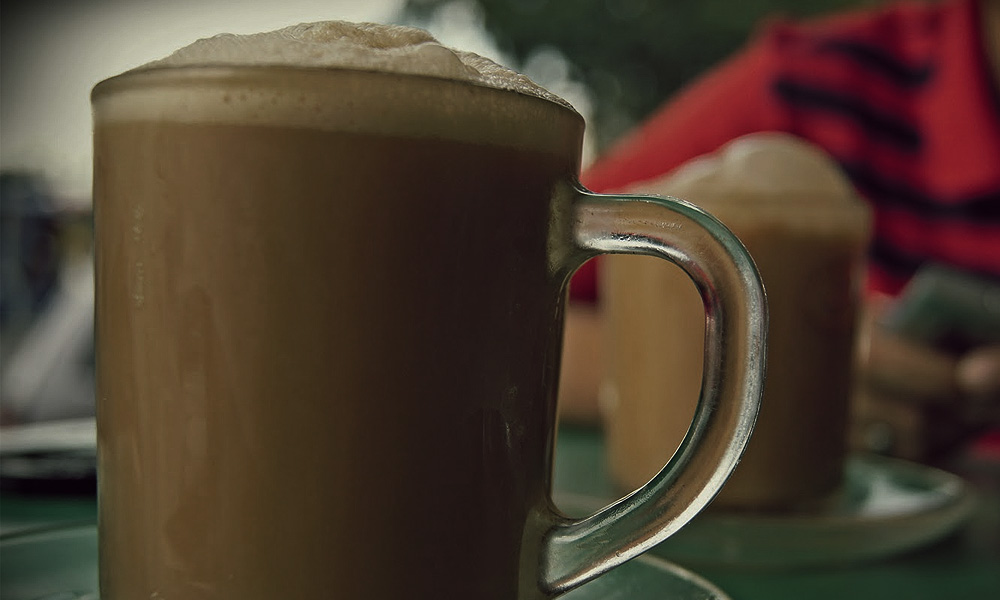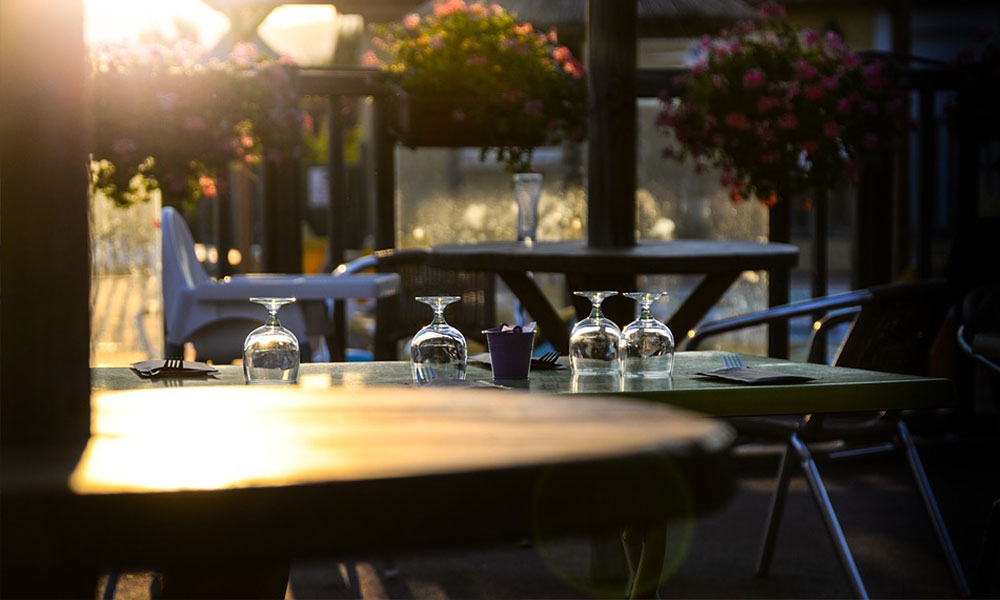This writer has always maintained that religion is a personal issue. One cannot impose his or her religious values or diktat on others. I also hold the belief that followers of all religions have the same objectives - to be good and to do good.
Race, religion and royalty have always been taboo subjects because they could be misinterpreted by selfish parties without understanding the issues or by twisting the contents of an observation. However, an exception has been made to address a recent incident which has stepped on the rights of individuals and threatens the thin fabric which is unsteadily holding us together.
In the process, the humble kopitiam has been inadvertently drawn into a controversy which cannot be dismissed as a storm in a teacup - the ramifications and implications could be exploited and could lead to a bigger upheaval.
The kopitiam is an institution - the ordinary man’s local. Almost all retain the old-world charm, reflecting the period they emerged, but new kids on the block have surfaced with modern designs and extended menus to cater for the needs of the new breed of young customers.
The true kopitiam experience is a cup of authentic local coffee brew, charcoal-grilled toast served with butter and kaya, and half-boiled eggs. Some have extended menus where local breakfast includes local fare like nasi lemak and other ready-made or easy-to-prepare local meals.

But it is not just any ordinary eatery. The kopitiam is the focal place – a venue for a congregation for the neighbourhood and sometimes, the Who’s Who in the town.
In Klang in the past, if one had a problem with officialdom, the Chong Kok kopitiam was one place where you could meet the District Officer or the police chief sans the formalities when they stepped in for kopi and roti bakar for their breakfast.
Similarly, the Railway Station kopitiam in Kluang has its own band of die-hards who meet not for just a tete-a-tete but serious discussions on everything – from television shows to politics.
The Kong’s White Coffee Kopitiam in Pasir Puteh in Ipoh is another favourite of the town folk. Getting a seat for breakfast is sometimes a long wait.
From Kangar in the north to Johor Bahru in the south, the kopitiam atmosphere is the same – people of various races, faith and occupation gather for their meal peppered with doses of gossip, serious talk or friendly banter.
As for the food, there has always been an element of mutual trust. The customers know that the owner would never put anything unpalatable or inedible to any customer, and the customer acknowledges and has confidence in the owner’s traits and practices.
This two-way faith and assurance had always existed, and even if there were no signs or indications if their food had been approved by any authority or the other. Everyone accepted that they could consume the food tanpa was-was (without doubts or suspicions).
Therefore, the “visit” by religious authorities to a kopitiam in Kuala Pilah last week has created ripples and caused unnecessary trepidation, anxiety and uneasiness among the food and beverage fraternity and above all, among right-thinking Malaysians.
The Malay Mail Online reported: “The Negri Sembilan Islamic Religious Affairs Department said it conducted a spot-check on a kopitiam, following complaints that the premise is frequented by many Muslims patrons.”
In a report, Harian Metro quoted the department as admitting that the shop does not fall under its jurisdiction which only covers Muslims, nor does it have any power to stop Muslims from having their meals there.
In a statement on its official Facebook page, the department said its checks found that the restaurant does not have any halal certification - the diner has never claimed so.
“Our checks found out that the premises did not employ any Muslim cooks and the cooking ingredients used were also not certified halal,” it said.
Following its findings, the department urged Muslims to avoid patronising food premises with no halal certifications.
If it had no jurisdiction, why enter the kopitiam in the first place? Since it does not claim to be halal-certified, why all the drama? Is there a requirement that kopitiam have to employ Muslim cooks or only use “certified ingredients”?
In a previous case in Johor some years ago, the authorities made a similar visit to a kopitiam - breaching jurisdiction, took samples in a clandestine manner, and leaked the “test” results to the media before any independent verification or official announcement could be made.
The resultant confusion and pandemonium fed the frenzy of local politicians who led demonstrations outside the premises. Three directors were charged but were subsequently acquitted.
But the damage had been done. A “cleansing” ceremony costing several thousand ringgit was held, but the most disgusting part of the whole affair was the destruction of the utensils.
The directors had planned to donate the crockery – cups and saucers, glasses and spoons to some old folks’ homes but the authorities were adamant that they should never be used again – they should be broken dumped in front of their eyes.
In the Kuala Pilah case, the mere admission that they did not have jurisdiction and yet did spot-checks could only be seen as an effort to harass the operator, who could have exercised his rights by even refusing entry.

This whole episode raises several questions. Could religious authorities march into any commercial kitchen? Would they question the French chef of a five-star hotel for the source or certification for the Norwegian salmon or the Polish escargot or the Sri Lankan crab?
Would they order or advise the hundreds of VIPs and politicians who regularly dine in hotel restaurants to refrain from doing so because they don’t have a Muslim chef? Should government departments be advised the same because they have meetings and conferences in hotels too?
Such charades by little Napoleons have to be stopped, failing which every eatery in the country will “visited” or “spot-checked” with any rhyme or reason and in the process, get affixed the ignominious label of “being raided”.
Those doing honest and ethical business without misleading or mislabelling their products need to be protected and insulated from these officers. If they make claims which cannot be substantiated, they should face the full wrath of the law.
While religious requirements are accepted and appreciated, any action must conform to the laws of the land and anyone who digresses or detours or misusing power or authority must be punished.
R NADESWARAN says arbitrary action used to harass eateries and their patrons does no one any good. Comments: citizen.nades22@gmail.com. - Mkini
The views expressed here are those of the author/contributor and do not necessarily represent the views of MMKtT.




No comments:
Post a Comment
Note: Only a member of this blog may post a comment.